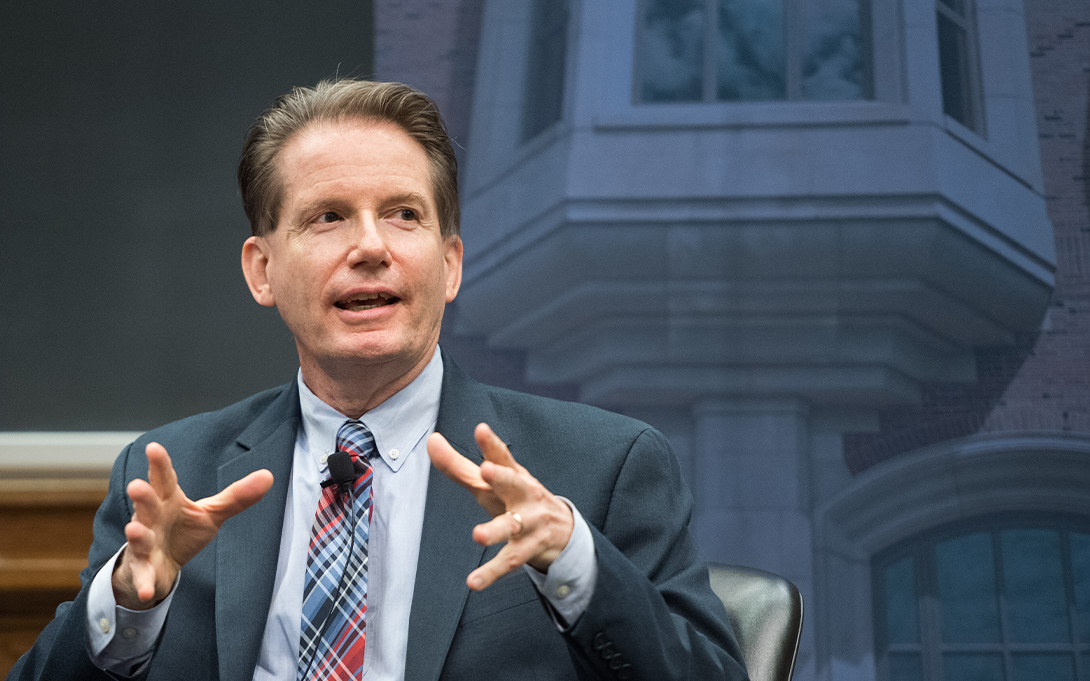
Following the 2022 election, expert Barry Rabe analyzed what the results mean for the future of climate policy. With a Republican-controlled House, climate policy at the federal level could prove difficult to move forward.
"I think you’ll see efforts to make it very difficult for the Biden administration," he told E&E News. "There could also be efforts to complicate the Biden administration moving forward through executive action."
He elaborated for AFP: "Even if they only control one chamber, they can pursue hearings and oversight and investigations to try to make the administration look bad, but they are limits, even there, in terms of how far they could go over the next two years."
As a result, some of the responsibility for fighting climate change may fall upon the states. Some states have already taken action, using the Regional Greenhouse Gas Initiative (RGGI).
"RGGI has emerged as the premier example of how multiple states can work together on a climate and energy policy and expand it over time," Rabe said in Patch. "It’s safe to say that RGGI has had some role in the significant decarbonization of Northeastern states."
The election results also impact global climate policy.
"It’s not just about the U.S. and other developed nations reducing emissions. It’s also about what the U.S. does for developing countries to help them along," he told CNN. "It becomes a huge challenge for Biden to explain how [the Inflation Reduction Act legislation] will benefit other countries."

